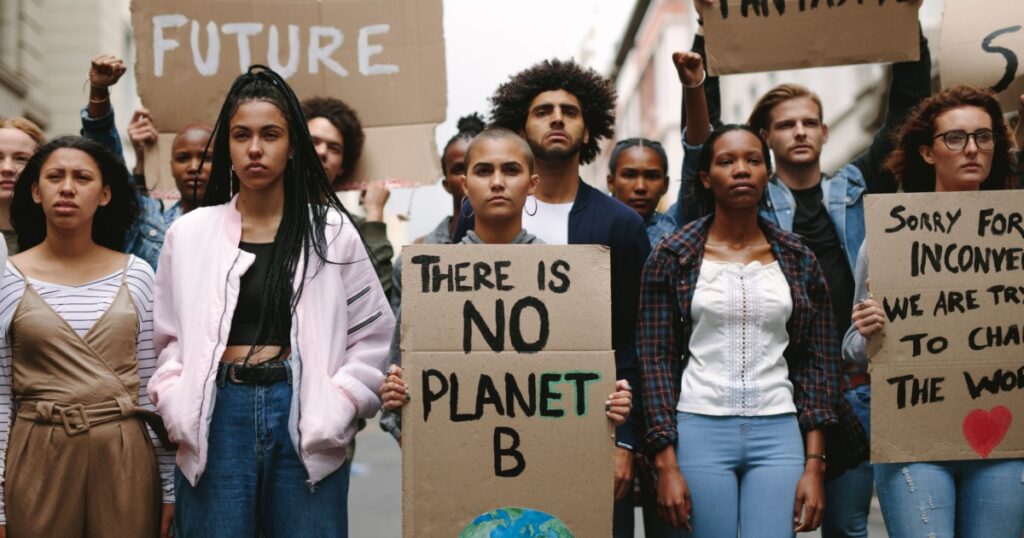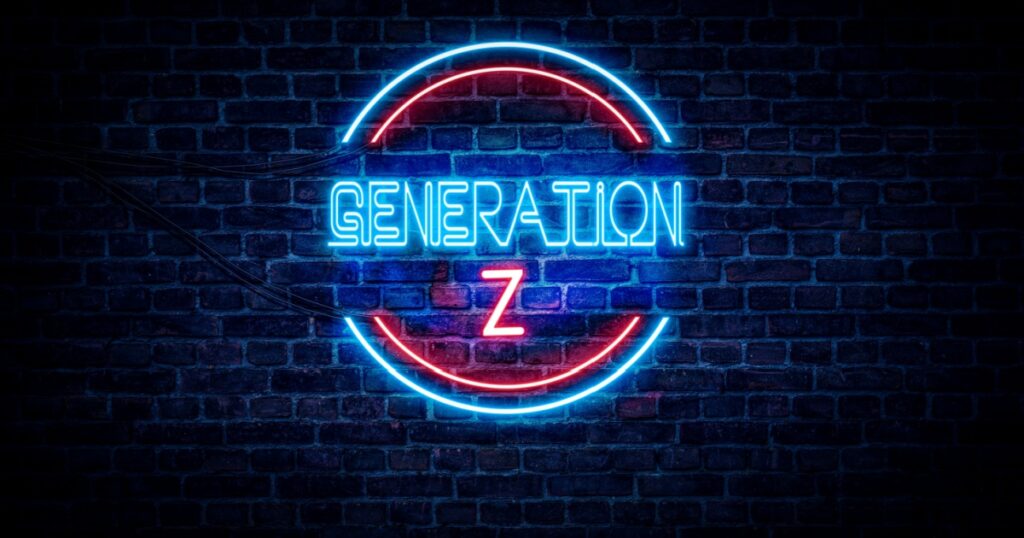Every new generation brings unique perspectives with them into the workforce; new values, new approaches to work, and a fresh perspective. However, Gen Z has been labeled as entitled and toxic in the workplace and it’s sparked significant debate. Employers have concerns about the generation’s reliability, work ethic, and behavior, which has led to tension in the workplace. Let’s explore why employers see the newest working generation as toxic in the workplace, with insights from recent surveys and discussions with HR consultants and labor activists.
1. “Gen Z isn’t Reliable”

According to the latest Freedom Economy Index report, 68% of small business owners see Gen Z as the “least reliable” among their employees.1 This perception has fueled doubts about their commitment to work responsibilities and their ability to meet deadlines consistently.
Read More: People Over 40 Should Only Work Three Days a Week, Study Concludes
2. Workplace Mental Health Issues

The same report highlights that 71% of surveyed employers believe Gen Z workers are the most likely to experience workplace mental health issues. This finding raises questions about the well-being and resilience of them as employees in demanding work environments. Or might speak to how previous generations weren’t emboldened enough to speak up when their company had them burning the candle at both ends.
3. Expectations of Entitlement in Gen Z

Some employers have expressed frustration over perceived entitlement, with one employer noting that Gen Z expects a promotion for simply showing up to work. There may be a disconnect between the next generation’s expectations and traditional concepts of career advancement based on merit.
4. Risk of Lawsuits

There are also worries of Gen Z’s attitudes and behaviors regarding workplace lawsuits. 57% of surveyed employers identified them as the group most likely to create such legal challenges. What is more concerning though, is that more than half of all employers surveyed believe they’re doing something that could merit a lawsuit in the first place…
5. Gen Z Doesn’t Like Company Culture

The dissatisfaction with company culture among Gen Z employees is evident, as less than 4% of surveyed employers believe they align with their workplace culture. This discrepancy highlights the importance of addressing cultural fit and employee engagement to foster positive work environments. This disconnect definitely overlaps with employers’ definition of ‘reliability’ and the new generation does not believe in working as a lifestyle as previous generations have.
Read More: 11 Things My Parents Never Had to Do Because My Mom Didn’t Work
6. Quiet Quitting

The emergence of “quiet quitting” among Gen Z reflects a reluctance to engage in extra efforts beyond their job responsibilities. Why should an employee do more work than they’re being paid to do? The slippery slope of empty promises and “it’ll look good on our next check-in” is too steep to not get expectations on paper. The trend challenges traditional notions of employee loyalty and suggests a shift towards prioritizing work-life balance and personal well-being. A crazy concept, we know.
7. Misunderstandings and Misconceptions

HR consultants have emphasized the importance of understanding how Gen Z entered the workforce, in times of economic instability and massive technological advancements.2 Misconceptions about values and motivations contribute to negative perceptions in the workplace. Previous generations have generally had the benefit of wages that are on par with the cost of living as well. Now in a world where the average wage is a fraction of living costs, attitudes toward what can and should be done and when work ends and starts for Gen Z need to be more carefully considered and understood.
8. Gen Z Embraces Change and Activism

But despite criticism, Gen Z approaches work with a desire for meaningful change and activism, especially when it comes to workplace injustices and workers’ rights.3 Their proactivity signifies a shift towards more inclusive and socially conscious work environments.
The Bottom Line

Depicting Gen Z as toxic in the workplace is a complex issue influenced by various factors, including generational differences, societal changes, and workplace dynamics. While employers have expressed concerns about the next generation, they should look to engage with and foster understanding, rather than be dismissive. Adapting practices to accommodate the evolving needs of the workforce would also be a prudent way to grow as a company. We should be embracing diversity, promoting transparency, and prioritizing employee well-being before saying an entire new generation is simply “toxic”. As Gen Z continues to assert its voice and advocate for change, employers must navigate this shifting landscape with openness, empathy, and a commitment to mutual respect and collaboration.
Read More: Working at Home in Your Pajamas Really is the Key to Happiness
Sources
- “Gen Z Are Toxic In The Workplace, According To Employers.” MSN. James Cross. April 4, 2024.
- “Gen Z Is Toxic for Companies, Employers Believe.” Newsweek. Suzanne Blake. March 22, 2024.
- “Gen Z’s not lazy — they’re just refusing to put up with the toxic work culture that boomers created.” Business Insider. Kim Kelly. November 3, 2022.

